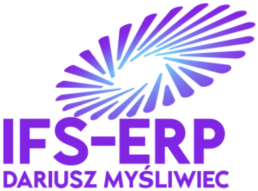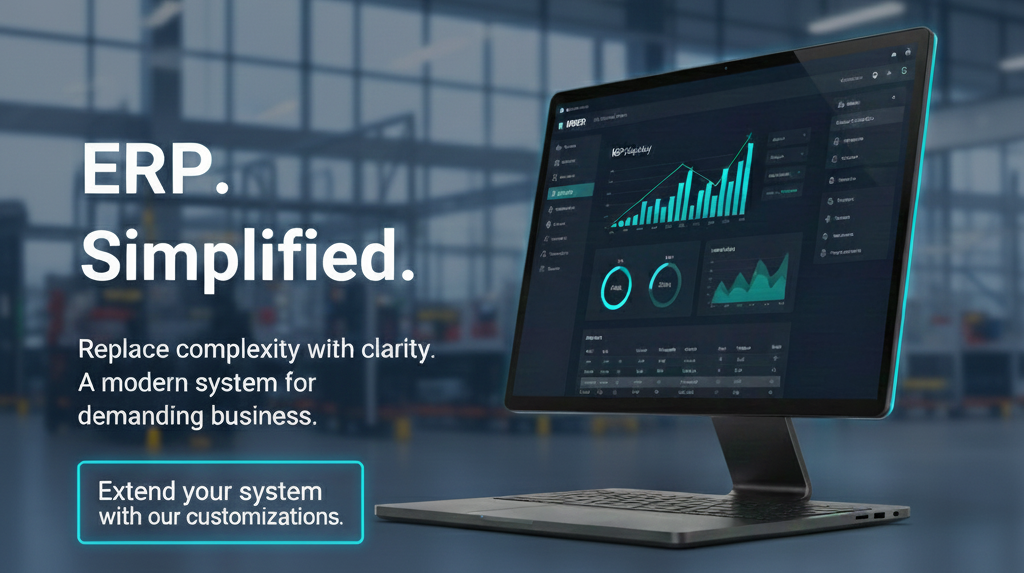TL;DR: The Executive Summary
Testing is the only insurance policy for your ERP investment.
- What it is: A multi-layered technical validation of IFS Cloud configuration, CRIMs, and data.
- Phase 0 to Go-Live: Testing starts during Discovery, not after Build.
- The Evergreen Factor: Testing must be a continuous cycle due to bi-annual IFS updates.
- Problem Solved: Eliminates post-go-live «surprises,» data corruption, and operational downtime caused by untested customizations.
What Problem Does This Article Solve?
Many organizations treat ERP testing as a «check-the-box» activity before Go-Live. This leads to the «Iceberg Effect»: hidden defects in customizations (CRIMs), broken integration logic, and security permission gaps that only surface under real-world load. This article provides a structured framework to shift testing «left,» identifying risks in the Prototype phase to save 40% of implementation costs and ensuring your IFS Cloud environment remains stable during its continuous update cycles.
1. Discovery & The Technical Baseline
In the IFS methodology, testing begins long before the first environment is provisioned. During the Discovery & Planning phase, the focus is on creating a Testable Requirement Baseline.
Process Scoping
Using the IFS Scope Tool to define every business sub-process. If it isn’t in the scope, it won’t be in the test plan.
Enterprise Rules
Defining the «Book of Rules» (EBR). These rules become the «Expected Results» in your future test scripts.
Technical Baseline
Analyzing legacy data sources. Testing early data quality prevents «Garbage In, Garbage Out» in later phases.
2. Prototyping: Validating the «Possible»
The Confirm Prototype phase is where technical consultants build a «working model» of your future state. This isn’t just a demo; it’s the first stage of System Integration Testing (SIT).
The Anatomy of a Prototype Test
Unlike standard vanilla testing, an IFS Prototype Test uses Company-Specific Data. We validate:
- Cross-Departmental Handshakes: Does a Shop Order correctly trigger a Purchase Requisition based on the prototype MRP settings?
- IFS Projections: For IFS Cloud, we test the OData endpoints (Projections) to ensure the UI and API layers are communicating correctly.
- Key User Training: Key users act as «First Pass» testers, documenting system navigation hurdles.
3. Building & The «CRIM» Validation
In the Establish Solution phase, customizations (Configurations, Reports, Integrations, Modifications — CRIMs) are fully developed. This is the most technically intensive testing period.
Manual vs. Automated Test Cycles
IFS Cloud implementations now demand a hybrid approach. While process logic often requires manual walkthroughs by SMEs, Regression Testing should be automated using the IFS Automated Testing Tool (ATT).
- Validating Page Configurations via the IFS Page Designer.
- Testing Business Process Automation (BPA) workflows.
- Ensuring Custom Events trigger the correct background jobs.
IFS Test Tracker
Centralizing defect management is non-negotiable. Every bug found during CRIM validation must be linked to a requirement ID, a developer, and a re-test cycle.
4. Cutover & Operational Readiness (ORT)
As you approach the Implement Solution phase, testing shifts from «Does it work?» to «Can the business run on it?». This involves Operational Readiness Testing (ORT).
Will the system freeze on Monday morning when 500 users log in simultaneously to record time? We simulate peak transactional volumes to validate the cloud-pod scaling and database performance.
Not a test of logic, but a test of timing. We run mock cutovers to ensure the «Go-Live Weekend» window is sufficient for the final legacy-to-cloud data sync.
The Evergreen Reality: 23R1, 24R1, 24R2…
In IFS Cloud, testing is never «finished.» The Evergreen model introduces bi-annual updates that change the underlying codebase.
Impact Analysis
Using the Update Analyzer to find conflicts between the new IFS release and your customizations.
Regression Automation
Maintaining a library of automated scripts to ensure core processes (P2P, O2C) don’t break during an update.
Periodic UAT
Engaging business owners every 6 months to validate new feature functionality before it hits production.
Frequently Asked Questions
Don’t Gamble with Your Go-Live
Our experts provide managed testing services, from automated regression scripts to complex SIT orchestration.
Get a Testing Audit

